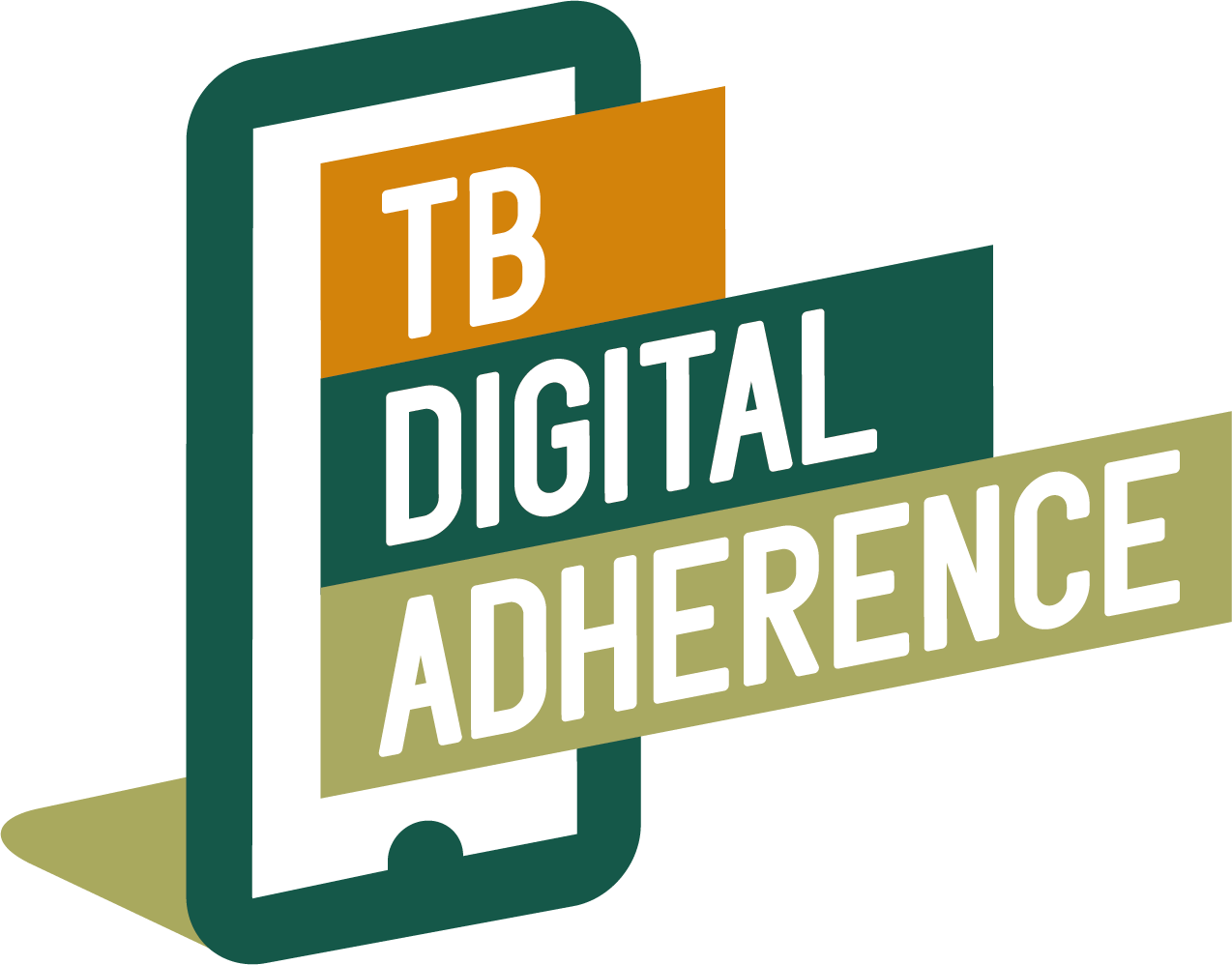Iterative Adaptation of a Tuberculosis Digital Medication Adherence Technology to Meet User Needs: Qualitative Study of Patients and Health Care Providers Using Human-Centered Design Methods.
Background:
Digital adherence technologies have been widely promoted as a means to improve tuberculosis medication adherence. However, uptake of these technologies has been suboptimal by both patients and health workers. Not surprisingly, studies have not demonstrated significant improvement in treatment outcomes.
Objective:
This study aimed to optimize a well-known digital adherence technology, 99DOTS, for end user needs in Uganda. We describe the findings of the ideation phase of the human-centered design methodology to adapt 99DOTS according to a set of design principles identified in the previous inspiration phase.
